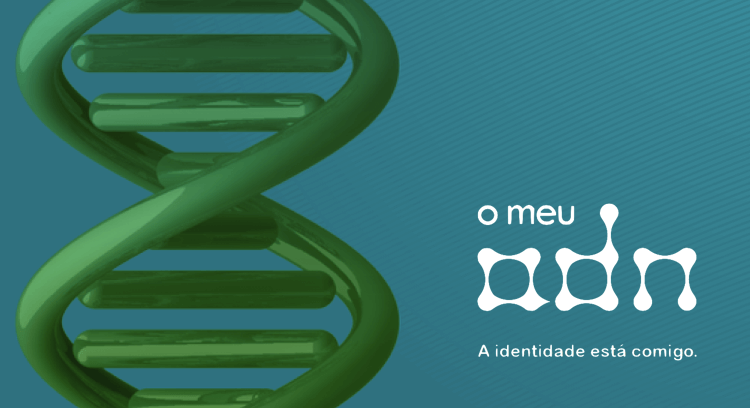Since 1983, when the day was designated by U.S. President Ronald Reagan as National Missing Children’s Day in the United States and spreading internationally through the Global Missing Children’s Network (GMCN), May 25th has been celebrated as International Missing Children’s Day. GMAC is a jointly sponsored venture of the U.S. National Center for Missing & Exploited Children (NCMEC) and the International Centre for Missing & Exploited Children (ICMEC), that focuses on educating parents on steps they can take in protecting their children, as well sharing best practices and information in investigating cases of child abduction, trafficking and illegal adoptions.
This year, I have the distinct privilege and great honor of speaking at the conference for Missing Children and Genetic Identity, organized by the Portuguese Association for Missing and Exploited Children [Associaçāo Portuguesa de Crianças Desaparecidas] and sponsored by Genomed, to be held at Lusófona University in Lisbon on the 25th of May 2017 – International Missing Children’s Day.
The conference will explore the connection between modern genetics and forensic science and on national and international efforts to aide investigations of missing and abused children. The legal and ethical issues surrounding DNA collection and use, the pros and cons of storing DNA samples and maintaining a database of digital DNA ‘fingerprints’ as well as other bio metric information from individuals – convicted criminals, arrested individuals, victims, family members and even the general public – continues to be hotly debated on the national and international level throughout the world. In addition to issues of privacy and security, the use and potential abuse of genetic and other bio metric evidence, whether to exonerate individuals or convict guilty individuals, is not just complicated, it is inconsistent across jurisdictional borders. Sharing of critical information that may help identify a child or investigate a missing person, whether or not a crime may have been committed, is neither assured nor routine – despite the obvious benefits a regulated and carefully constructed information sharing system might be to family members, law enforcement and the forensic scientific community.
The conference, one of many throughout the world on May 25th, will attract distinguished guests and provide a forum for discussion and shine a much needed spotlight on the legal and ethical challenges and opportunities at the intersection of science, law and law enforcement. I will publish a copy of my presentation and remarks after the conference concludes, but if you would like to know more about the conference, feel free to contact me, Joe Rosenbaum, or the organizers directly.


